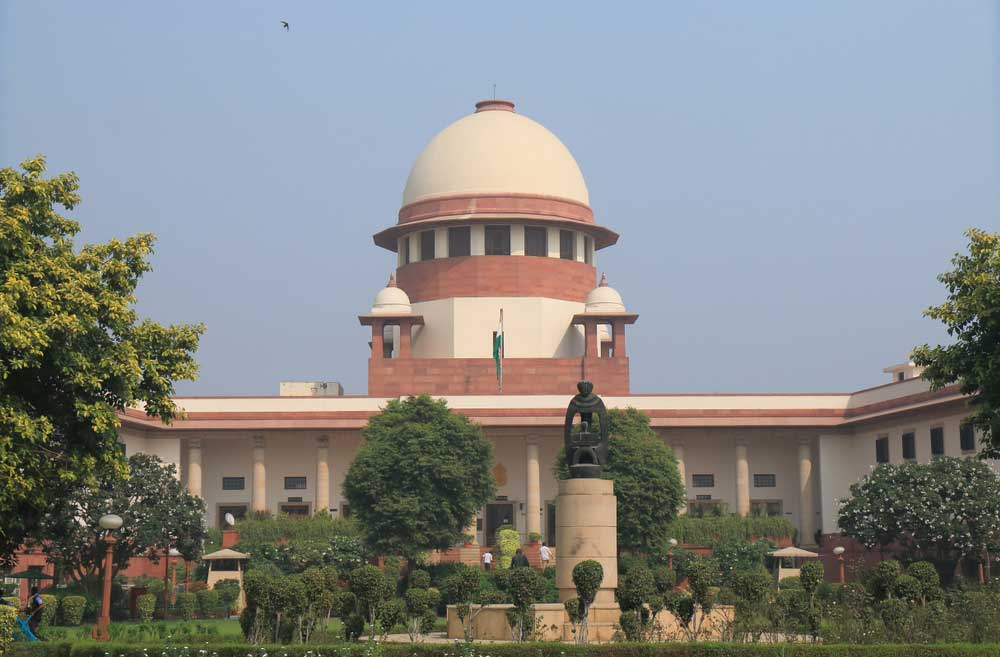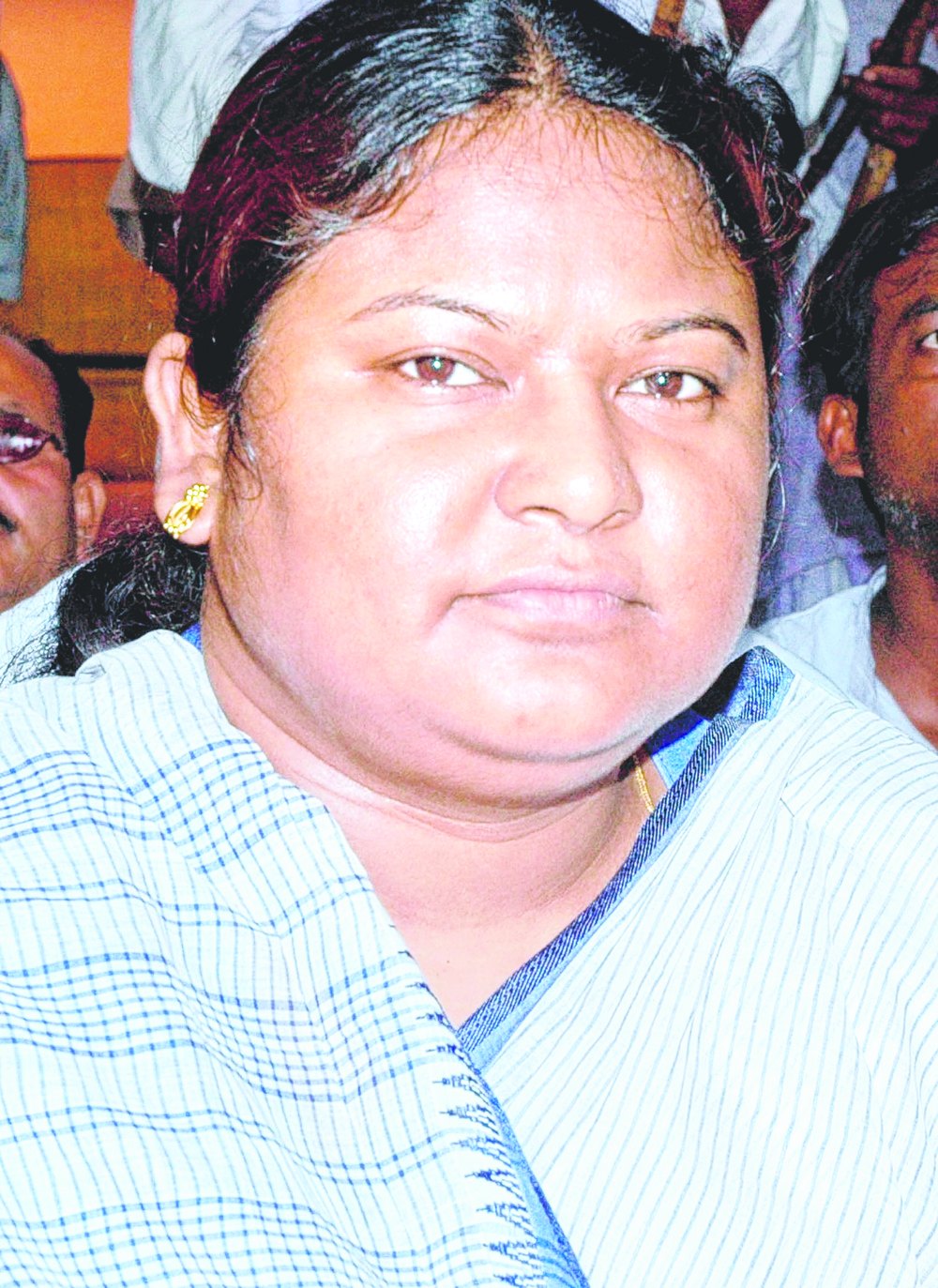A Supreme Court constitution bench will take up for hearing five different matters from March 27, including the question whether the court is bound to disclose information relating to appointments of judges under the 2005 transparency law.
Among the other issues the five-judge bench is due to take up are whether lawmakers enjoy immunity from criminal and civil proceedings for actions taken while discharging their legislative duties inside Parliament or an Assembly, and matters related to compensation under the land acquisition act.
The other two relate to provisions under the finance act and land acquisition disputes.
The matter related to the court’s obligation under the Right To Information Act, 2005, had come up before a three-judge bench in August 2017.
Justices Ranjan Gogoi, P.C. Pant and A.M. Khanwilkar had then referred the question to a five-judge constitution bench after briefly hearing arguments of counsel Prashant Bhushan who had appeared for RTI activist S.C. Agrawal.
Earlier, in 2010, the court’s central public information officer had filed an appeal against a Delhi High Court judgment, which had ruled that the highest court was obliged to disclose information related to it.
A two-judge bench had stayed the high court’s order and referred it to a three-judge bench. “The independence of judiciary and fundamental right to free speech and expression are of a great value and both are required to be balanced,” the two-judge bench had said while staying the order.
Bhushan had argued that there was a perception among people that the top court was passing orders directing poll candidates to reveal information on assets and disclosure of answer sheets of students but was shy of disclosing information on its own functioning.
Justice Gogoi, who headed the three-judge bench that heard the matter in 2017, referred it to a five-judge bench as it involved questions of constitutional law.
The issue of whether MPs and MLAs enjoy immunity for taking bribe to cast votes during a confidence motion might eventually go to a seven-judge bench.
Last week, a three-judge bench headed by Justice Gogoi, now the Chief Justice of India, had referred the matter to a five-judge bench. A three-judge bench cannot directly refer a case to a seven-judge bench.
The larger bench could have seven judges as the earlier one that had ruled on the issue in the P.V. Narasimha Rao versus CBI case in 1998 had five judges.
The 1998 bench had by a 3:2 majority held that MPs and MLAs enjoyed immunity from criminal and civil proceedings while discharging their legislative duties, even if that included taking bribes.
While Article 105(2) grants immunity to MPs, Article 194(2) extends the shield to MLAs. But the court had held that if a legislator accepted a bribe but voted for someone else, he or she would lose the immunity.
The matter has come up again because JMM MLA Sita Soren has challenged a Jharkhand High Court judgment that had refused to quash the cognisance a CBI court had taken in a case of vote-related bribery to elect a candidate to the Rajya Sabha in 2012.
The CBI has alleged that Sita accepted bribes from some Independent candidates but had eventually voted for her party candidate.
Sita has challenged the 1998 findings and wants the case against her quashed.
The three other cases the five-judge bench would deal with include the Indore Development Authority and Etc vs Manohar Lal and others relating to interpretation of the Right to fair Compensation and Transparency in Land Acquisition, Rehabilitation and Resettlement Act, 2013.
The court would examine whether land acquisition proceedings by the government or its instrumentalities would become invalid if the landowners fail to take the compensation amount. This is because in 2018 a three-judge bench had ruled that the acquisition proceedings would not lapse if the landowners don’t take the compensation. This was contrary to another three-judge bench ruling in 2014, which had taken the view that the acquisition proceedings would lapse if the compensation is not paid to the landowners.
The 2018 judgment was widely criticised by legal experts. Another three-judge bench was also critical of the 2018 ruling on the ground that a three-judge bench could not overrule a ruling by another three-judge bench.
The fourth matter relates to an appeal filed by the Madras Bar Association challenging various provisions of the finance act relating to setting up of administrative tribunals in the country, their hierarchy and control.
The fifth issue pertains to the State of Haryana and the Maharana Pratap Charitable Trust. It relates to land acquisition disputes.













